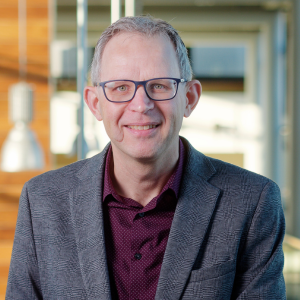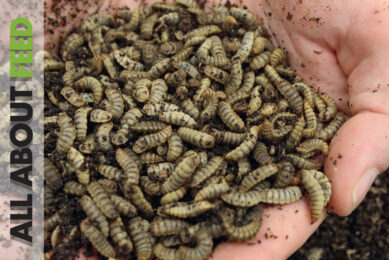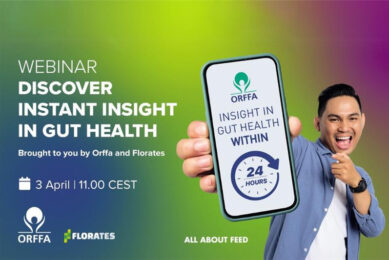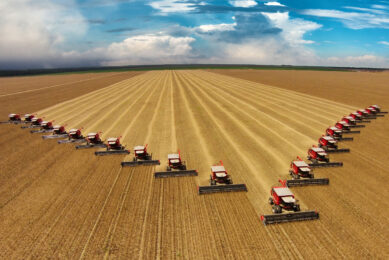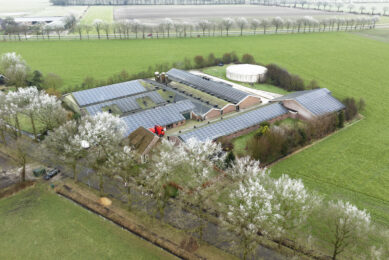On demand: Webinar from feed to food

Feed companies are part of a larger food chain, and an increasing number of safety and sustainability demands apply to them as well. How is this organised and how do the different parts of the chain communicate?
Those were the ingredients of a webinar, held by All About Feed and GMP+ International, on February 3, which is now available for viewing on demand.
Click here to get access to the webinar
In 1 hour, 3 speakers from different backgrounds address the audience on this topic. A retailer, a feed company and an integrator shared their views.
Background of the theme ‘feed to food’
The webinar’s speakers were preceded by a short interview with Johan den Hartog, managing director of GMP+ International, giving some more background of the webinar’s theme. Den Hartog says: “The theme ‘feed to food’ reflects on lessons learnt in the 90’s of the last century. At that time we had several severe feed safety emergencies which had substantial impact on food safety for milk, eggs and meat. That is when the feed industry realised: we are part of the food chain.”
Tesco: Feed manufacturer standards
The webinar’s first speaker was John Kirkpatrick, agricultural manager for poultry and eggs with UK retailer Tesco. He summed up the sustainability challenges the retailer faces, varying from food waste to animal welfare, and from biodiversity loss to greenhouse gases, to name only a few in a longer list. All these the retailer has to think about in its supply chain.
To that end, Tesco has a set of standards for the Tesco brand and supply chains, of which feed manufacturing standards are a part. Audit data, he says, provide a direct comparative measure across the whole supply base in the UK, the EU and outside of the EU. These are backed up by feed milling inspection observations. The retailer also has “360 degree management systems and procedures within the supply base from inspection reports.”
Trouw Nutrition: Focus on sustainability
Mia Lafontaine then took to the stage on behalf of animal nutrition company Trouw Nutrition. She is the company’s sustainability manager. Sustainability is important for the company and she explained that the concept can mean different things for different geographies. In Europe, she says, it often means “deforestation free,” in North America “low carbon,” in some areas “organic/GMO free” is essential and in others again the emphasis is at “finding novel or circular ingredients.”
She also pointed to the feed industry’s “dumbest problem,” that of waste – and how that could be tackled through the company’s solutions. She said: “Collaboration between partners in the feed to food chain, she said, allows for a more sustainable way of feeding for the future.”
Agrosuper: The importance of feed quality
Agrosuper is the largest integrator of pig and poultry meat in Chile. On behalf of Agrosuper, Dr Wolfgang Peralta, head of swine feeding and production, explained the importance of proper feed quality for a large organisation like his. Therefore the company’s feed mills comply with a series of ISO regulations.
Dr Peralta summed up the steps Agrosuper is taking for assurance of feed quality, e.g. standard technical specifications to buy raw materials, supplements and additives; standard procedures to take samples and a matrix specifying which analyses will be needed from the laboratory. Clients usually want to know how Agrosuper deals with issues as animal welfare, environment, residue control, dioxin control, and the use of antibiotics to name a few.


